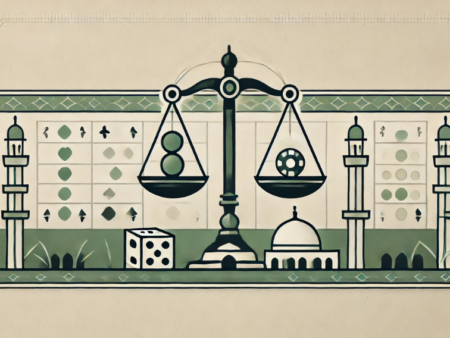Gambling, Power Cuts, and Optimism—A Budget with a Twist
Finance Minister Mthuli Ncube had barely finished his 2025 fiscal budget presentation when the lights went out—literally. The Mount Hampden parliamentary building plunged into darkness, a not-so-subtle reminder of Zimbabwe’s crippling power cuts. Opposition lawmakers seized the moment, chanting: “State of affairs! State of affairs!”
And they’re not wrong. Power outages in Zimbabwe, often lasting over 20 hours, have taken a toll on households, businesses, and the economy at large. But amidst the doom and gloom, Ncube’s budget revealed a curious new focus: taxing gambling winnings.
As Zimbabwe grapples with economic hurdles, it seems even the gamblers aren’t safe from contributing to the national pot.
Betting on Tax—and Rain
Power cuts, droughts, and inflation have stalled Zimbabwe’s growth to a meagre 2% this year. Mineral revenue, the backbone of the economy, is expected to drop by 10%, equivalent to about R100 billion, thanks to low water levels at Kariba Dam and breakdowns at the Hwange coal-fired power station.
Still, Ncube is betting on better weather—and fiscal discipline—to turn things around. “In 2025, we expect to see 6% growth, based on anticipated better rains, stable inflation, and tight fiscal management,” he said.
To get there, the government isn’t just hoping for rain; it’s also casting a wide net for revenue. Gambling winnings are now firmly in the crosshairs as Zimbabwe looks to tap into every available source of cash.
Gambling Taxes Meet Public Outcry
The new gambling tax is part of a broader strategy to generate revenue in a nation running on fumes. Government workers’ salaries already comprise 56.4% of government earnings, leaving little room for manoeuvre. Meanwhile, unpaid bonuses for teachers have sparked outrage, with the Zimbabwe Teachers Association calling it a “breach of trust.”
Enter the gambling tax: a creative, if controversial, way to shore up funds. The government has also promised to crack down on small businesses that evade formal, taxable transactions, threatening hefty fines for those who fail to adopt point-of-sale systems.
Gambling on Growth
While gambling taxes might bring in extra revenue, Zimbabwe’s economic future ultimately hinges on bigger bets. Better rains could mean higher agricultural output, reduced reliance on imports, and a more stable economy.
For now, the country is placing its chips on a mix of natural luck and fiscal measures. Whether this gamble will pay off remains to be seen, but one thing’s clear—Zimbabwe’s economic strategy is nothing if not ambitious.
In a country where power cuts, protests, and financial strain have become the norm, even the gamblers are being called to ante up. After all, in Zimbabwe’s game of growth, everyone has a stake.

